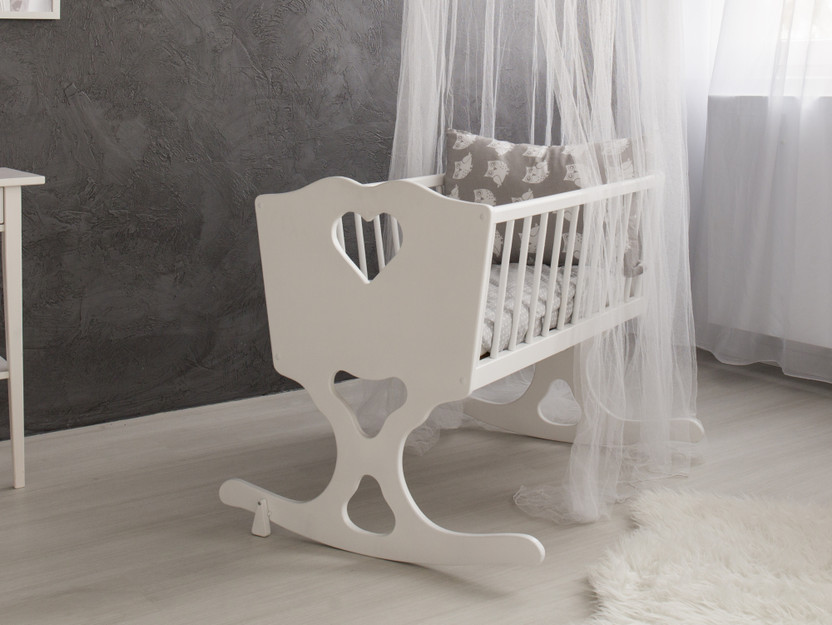How Long Can A Baby Sleep In A Bassinet?
Posted by Ann on 19th Sep 2023
Sep 19th, 2023
How Long Can A Baby Sleep In A Bassinet?
Bassinets offer convenience and safety for newborns during the initial months, but parents often wonder how long their baby can sleep in one. According to Dr. Rebekah Diamond, a pediatrician, the duration a baby can sleep in a bassinet varies depending on several factors, including the baby's size, parent preference, and the sleeping arrangement.
Bassinets offer convenience and safety for newborns during the initial months, but parents often wonder how long their baby can sleep in one. According to Dr. Rebekah Diamond, a pediatrician, the duration a baby can sleep in a bassinet varies depending on several factors, including the baby's size, parent preference, and the sleeping arrangement. There's no one-size-fits-all answer. Some babies can safely sleep in a bassinet for about three to six months, while others may outgrow it sooner.
Parents often use bassinets as a sleep space for babies sharing their room. These babies can continue using a bassinet until they become physically too large or mobile for it. Transitioning from a bassinet to a crib typically occurs when the baby is around three to six months old or if they are no longer sharing a room with parents.
Signs That It's Time To Stop Using A Bassinet
- Baby reaches the maximum height or weight limit specified for the bassinet.
- Baby begins showing signs of rolling over, pushing up on hands and knees, or pulling themselves up to a sitting or standing position.
Transitioning From Bassinet To Crib
Transitioning from a bassinet to a crib can be straightforward but may involve some adjustments and temporary sleep disruptions. The American Academy of Pediatrics (AAP) recommends room sharing for the first six months to reduce the risk of Sudden Infant Death Syndrome (SIDS).
You can make this transition without elaborate preparations. While room-sharing can continue beyond six months if it suits your family's needs, the most significant benefits, as indicated by the AAP's research, are typically observed during the initial six months when the risk of SIDS is the highest.
When Should A Baby Move To Their Own Room?
The AAP discourages bed-sharing but recommends room-sharing for the first six months to enhance safety. While extending room sharing is an option, it's important to note that the AAP's research suggests that the most substantial benefits of room sharing, particularly in reducing the risk of SIDS, are concentrated within the initial six months.
Parents may find that babies' noises can disrupt their sleep during extended room sharing, making it challenging. After four months, when the risk of SIDS significantly decreases, and overnight feedings become less frequent, transitioning to separate rooms can be considered to improve parental sleep while keeping in mind the AAP's guidelines for safe sleep practices. If you choose to continue room-sharing after outgrowing the bassinet, consider transitioning your baby to a mini crib, playard, or full-size crib if space allows.
Written by Ann

